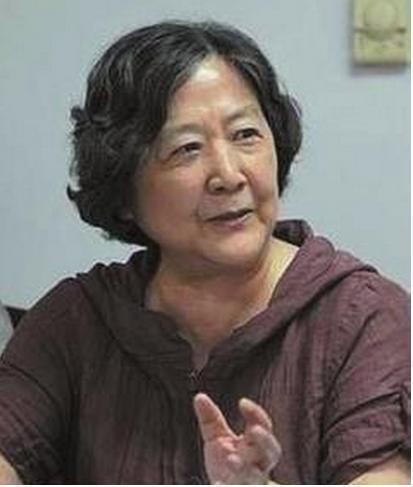Shi Shujun, one of China's key film directors in the 1980s, died of heart failure at the age of 77 in Shanghai on Valentine's Day, the Women of China reported on Feb. 15.
Known for her work at the Shanghai Film Studio, Shi helmed a number of films whose themes focused on adolescents, romantic relationships and strong female characters.
She started her career directing independent films in 1983. Her signature debut production, "Female University Students' Dormitory" (1983), centered on a group of young university students and their happiness, bitterness, faith, and thoughts about life. It won accolades from the Chinese government and a jury award for new director at the Karlovy Vary International Film Festival at the former Czechoslovakia in 1984.
Born in southwestern Chinese city of Chongqing, Shi graduated from the Directing Department of the Beijing-based Central Academy of Drama. She joined the Shanghai production house in 1975, starting out as a script supervisor to becoming an established director in a handful of years.
During her career, she worked alongside China's early film luminaries such as Zhang Junxiang (1910-1996) and Xie Jin (1923-2008).
During the 1980s, Shi produced her iconic "youth trilogy" of films, namely "Female Students Dormitory," "Missing Middle School Girls" and "Great Expectations." Adopting an essay structure, the films were lauded for their realistic storylines and became a hit with Chinese moviegoers.
Shi also wrote the screenplay for "Girl Friend," which was adapted into an award-winning drama in 1990, and directed the TV series "Blurred Moon, Blurred Birds."
Zhao Yun, secretary-general of the Shanghai Film Association, praised Shi for her talents and passion in directing.
"A month ago, she still negotiated with an entertainment company for cooperation," said Zhao. "She spoke fluently, nothing like a person suffering from illness."
Aside from directing films, Shi was also an accomplished architect focusing on traditional Chinese architecture. She personally designed and set up four museums in Shanghai.
"Directing films is exhausting, beyond what I can afford physically," Shi once said in an interview. "I wanted to do something more than films, such as sculpture and architecture."




























